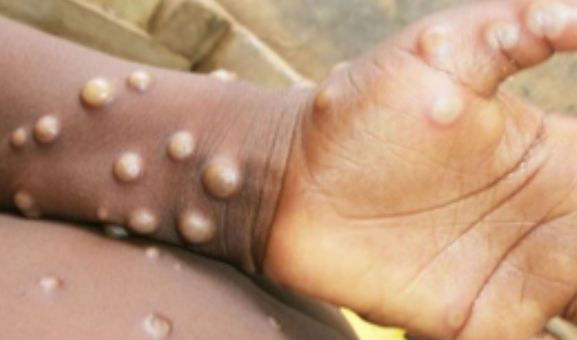Health
Mpox kills over 570 in DR Congo: Health Minister

Kinshasa, Aug 20
Roger Kamba, the Health Minister of the Democratic Republic of the Congo (DRC), has said that the ongoing mpox outbreak has been declared a "continental emergency".
Kamba on Monday reported that since the beginning of this year, the DRC has so far documented 16,700 confirmed or suspected cases of mpox, including more than 570 deaths, an increase from the 15,664 suspected cases and 548 deaths reported last week, Xinhua news agency reported.
In December 2022, the DRC declared a national outbreak of mpox, prompting the establishment of an incident management system since February 2023 based on the increasing number of reported cases.
The disease, affecting 17 African countries and several others outside the continent, is notably impacting younger populations, particularly children under 15, said Kamba, describing this as a "novelty" in the context of the outbreak.
"But I remind you that the vaccine is only part of the response; the first line of defence is adherence to preventive measures," said the minister, specifying that the country would receive a batch of mpox vaccines next week.
The health minister also noted that the government's interventions have helped prevent a larger-scale spread within the country.
The World Health Organization (WHO) declared last Wednesday that mpox, formerly known as monkeypox, a public health emergency of international concern, raising alarms about its potential for increased global transmission, following an initial announcement on July 23, 2022.
The WHO's declaration came after the Africa Centers for Disease Control and Prevention estimated that the ongoing mpox outbreak constitutes a public health emergency for the continent.
According to the African Union's health agency, the number of new mpox cases reported in 2024 represents a 160 per cent increase compared to the same period in 2023.
According to the WHO, the current outbreak, spreading from the DRC, has been exacerbated by the emergence of a more lethal new variant of the virus, Clade 1b, which has a mortality rate estimated at 3.6 per cent, significantly higher than previous strains.



































